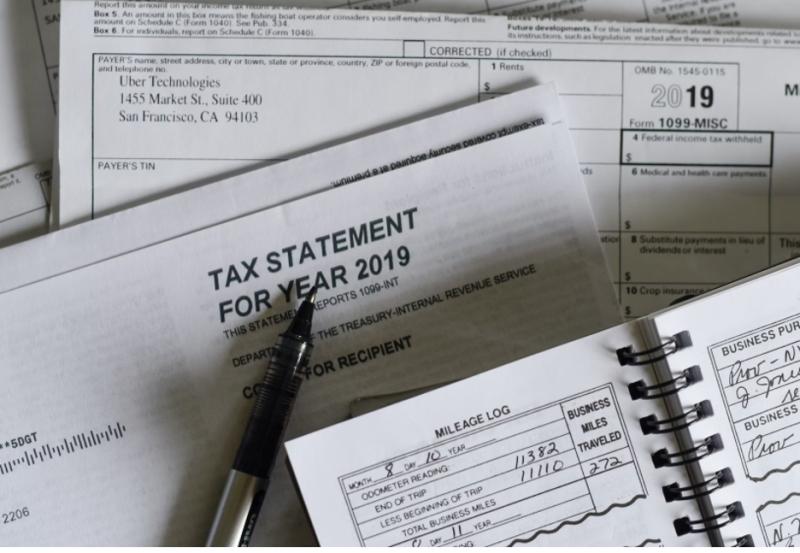3 Key Eligibility Requirements for Offer in Compromise

Source: unsplash.com
Tax debt can be a big financial burden on you, especially if the tax bill is unfair or you are not able to pay your entire tax bill due to financial hardships. In this case, the IRS can help you by minimizing this tax debt amount that lets you pay less than you owe the government.
As suggested by accounting experts, this can be beneficial both for commercial as well as residential citizens. In such cases, the program that allows you to pay less than what you owe is called an Offer in Compromise (OIC). But it is advised to keep in mind that not everyone will qualify for this program.
The IRS carefully considers all your financial responsibilities before providing you with a reduced amount to pay.
1. Demonstrated Inability to Pay Full Amount
This is the most important eligibility requirement to qualify for an Offer in Compromise. You will have to prove that you cannot pay the full tax debt due to certain financial hardships. In this situation, the IRS understands that asking you for the full amount is impractical.
In this context, the IRS will take into account factors such as income, expenses, your total assets, and how much you can earn in the future. The IRS confirms all these things to ensure that the Offer in Compromise is the most reasonable alternative you should get if you cannot pay tax debt.
2. Accurate and Complete Tax Filings
If you want to be eligible for an Offer in Compromise, you will need to stay up-to-date with your tax filings. What it means is that you should complete and submit all your required tax returns to the IRS and not default on any of these.
Moreover, you should not have any history of incomplete or wrong tax filings that can harm your credibility to be qualified for Offer in Compromise. Also, whether you are a businessman or a self-employed person, it is important to stay compliant with the tax payment and deposits
In case you have any outstanding tax returns you remember, make sure to file them before you go on to apply for the IRS Offer in Compromise and waive off your tax debt.
This compliance determines the importance of maintaining accurate financial records and fulfilling your tax obligations regularly in order to get all the financial benefits from the government.
3. No Open Bankruptcy Proceedings Against You
There are certain businesses or even people who have a bankruptcy proceeding going on in court. Such persons and business entities do not qualify for the Offer in Compromise. This is because bankruptcy proceedings have different kinds of tax management regulations, and that’s why the proceeding must be ended before considering an Offer in Compromise.
Moreover, in order to be eligible for the Offer in Compromise, there must also not be any open audit in place against you by the IRS. All in all, there should not be any ongoing financial investigation or case against you when you are seeking an Offer in Compromise from the IRS.
More to Read:
Previous Posts:




